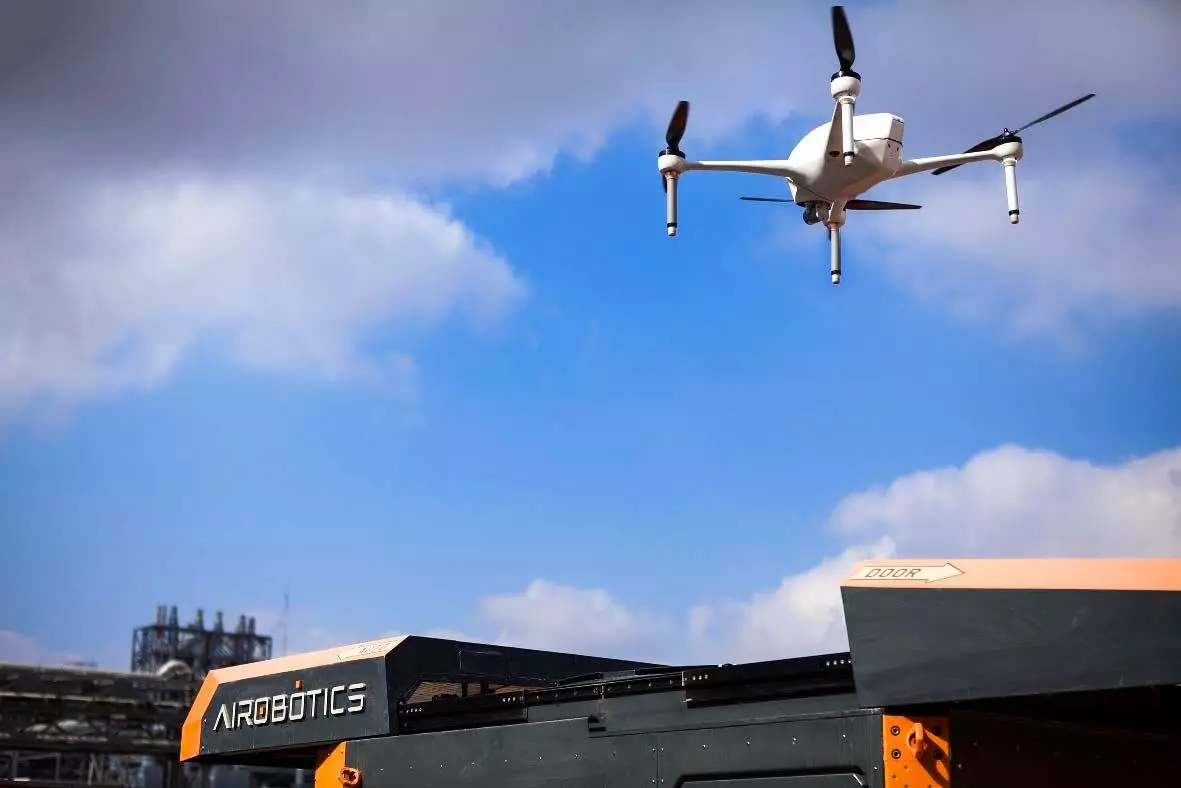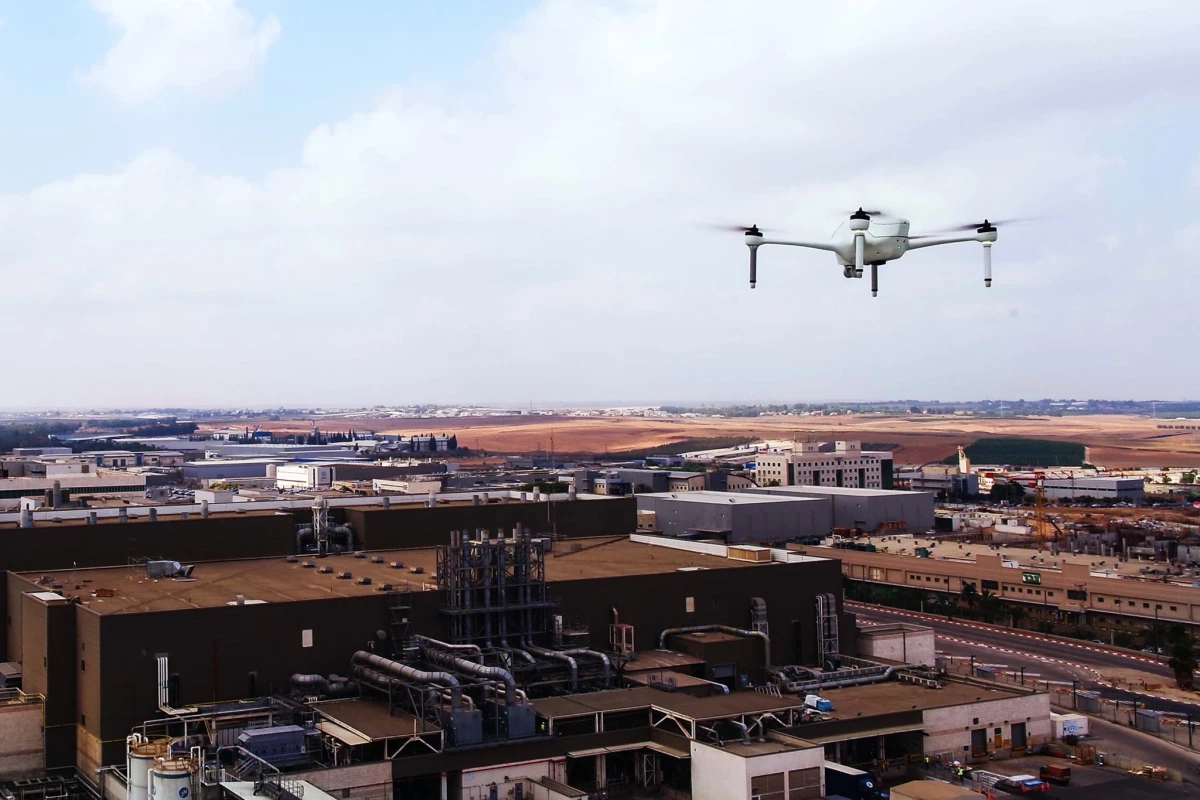If you hear gunshots in an urban setting, it's important to get the police to their source as quickly as possible. A new system is being developed to help, by combining autonomous drones with an existing shot-locating technology.
Already in use in over 120 cities in the US, South Africa and the Caribbean, the American ShotSpotter system utilizes a network of microphones within a neighborhood to detect "loud, impulsive sounds."
Whenever such a sound is detected, its geographical originating point can be triangulated by analyzing the millisecond differences in the times at which it was picked up by the different microphones – the closer a mic was to the gun, the earlier it will have detected the sound of that gun firing. That said, a combination of AI software and human staff (at a control center) is used to determine if the sound is indeed gunfire.
In the existing version of the system, police are quickly dispatched to the location. If they're using ground transportation, however, it may take a while for them to get there. And even if the police department has a helicopter, performing pre-flight checks, etc will still take some time – assuming the aircraft isn't already in the air on patrol, that is.

With these potential limitations in mind, Israeli drone manufacturer Airobotics has teamed up with ShotSpotter to add autonomous drones to the mix. In the new version of the setup, police will still be dispatched, but so will the closest system-specific drone. That aircraft will be in the air within seconds, immediately flying to the source of the gunshots. By analyzing the live video from its onboard camera, police officers can then gain a better sense of the situation they're heading into.
Each drone will be based out of its own covered docking station, where its batteries will be charged when it's not in flight. A robotic arm will pull out the aircraft's existing battery and replace it with one that's fully charged, so the drone is ready to fly at a moment's notice.
Plans call for the service to be utilized in urban areas throughout Israel.
Source: ShotSpotter




